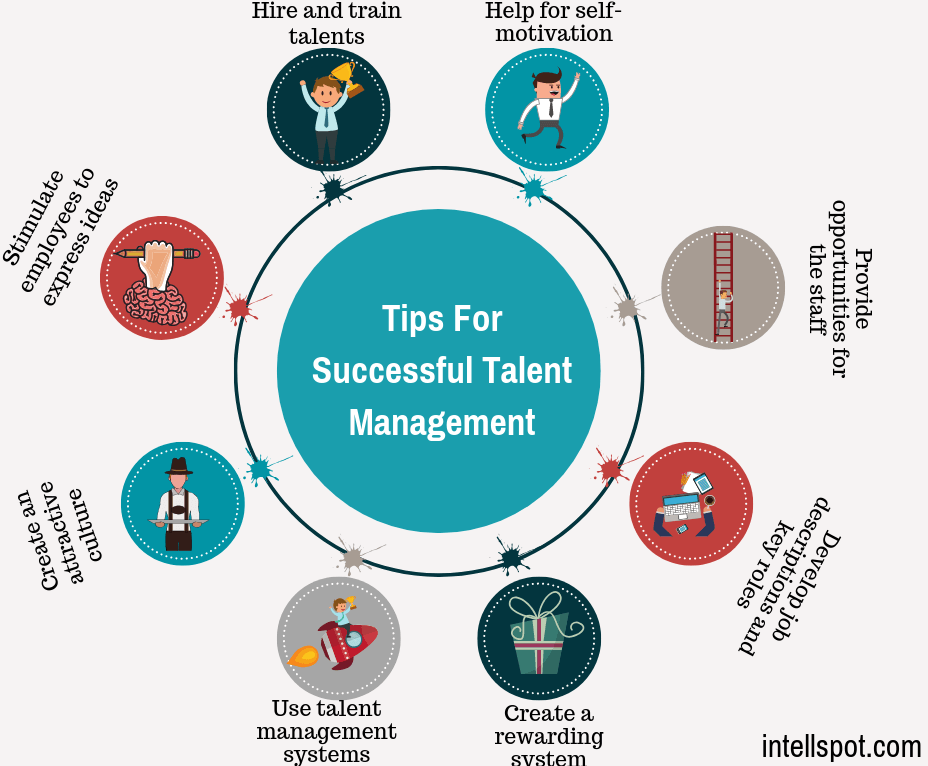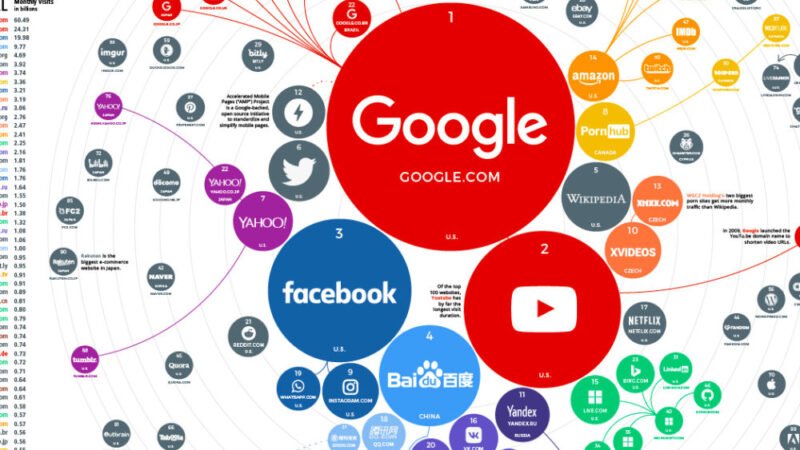IT Talent Management Tips

Five Information Technology Skills to Advance Your Career
IT professionals want to advance their careers. See what skills will enhance your role this year as well as the certifications and insights that will propel you forward.
IT professionals must take advantage of new opportunities to develop their skills. Most IT professionals have some entry-level technical degrees or certifications. But education is not a one-time effort; training is a continuous process.
Whether it’s writing new applications, securing the enterprise, digging into big data, managing an increasingly mobile workforce, or moving to the cloud, IT staff can advance their careers and add real value to the business. .
Industry experts have these five information technology skill areas on their list of hiring priorities.
1. Coding and scripting skills
Application development and executable code (in traditional languages like C++) now span new platforms and languages like Java, Scala and Clojure app development optimization applications for cloud deployments, and mobility. Coding skills are on the lookout.
“Developers and programmers who know and switch between multiple programming languages are often the most helpful,” said Chris Steffen, IT director at Magpul Industries Corp.
DevOps practices are also changing the fundamental approach to software development and the way development and operations staff interact. DevOps training is an ideal complement to language-specific coding.
Essential automation tasks and efficient management of Windows systems are based on PowerShell scripting, which uses a command line interface for granular control and scripting support for basic management automation.
“System administrators would do well to learn this valuable skill,” Steffen said. “Almost all enterprise-class Windows operating systems and management systems are based on PowerShell.”
The proliferation of training options for software coding and PowerShell scripting skills can be confusing: classes at a university, online training, self-directed study, and more. Weigh the scope of training, costs, time, effort, and the need for formal training or accreditation upon completion.
2. Security and compliance skills
The frequency of high-profile cyberattacks and data breaches has recently highlighted the need for stronger security skills. The IT security skill set is wide-ranging, and there are numerous certifications that demonstrate proficiency.
Entry-level certifications such as CompTIA Security+ and Security Essentials from Global Information Assurance Certification cover risk identification and mitigation, Wi-Fi protocols and wireless attack prevention, password management, network access control, network protocols, and mapping, identity management, authentication, physical security and basic cryptography, among others.
Advanced certifications include the (ISC)2 Certified Information Systems Security Professional (CISSP) and the ISACA Certified Information Security Manager (CISM).
“CISSP training is probably the best certification anyone can have,” said Tim Noble, IT director and ReachIPS advisory board member. “It conveys the feeling that you know how to deliver IT services and keep them running while protecting data, as you understand confidentiality, integrity and availability.”
Advanced certifications cover network intrusion detection and prevention, security policies and procedures, security management, and other higher-level issues.
IT security personnel should have a basic understanding of compliance issues that affect organizational security , such as the High Tech Act and PCI DSS 3.0 standards, related to data storage and retention, access to network and other issues. This allows security policies and procedures to stay in line with compliance needs.
Comprehensive IT security degrees are available from leading universities; however, specific entry-level and advanced certifications are earned through a mix of self-study and online training or instructor-led workshops. For compliance-related safety education, research the regulations that apply to your business and determine the appropriate training options.
3. Database and analytics skills
Big data management, analysis, reporting and security falls under an emerging group of data experts with a deep understanding of how databases and data warehouses work.
“Big data is here, and IT executives have to do something with it,” Steffen said. “Data analysts can write reports, develop [business intelligence] applets , manage databases, or all three.”
Steffen also points out that big data includes serious security and compliance concerns that affect data storage, access, and retention.
Traditional database administrator skills are a good foundation for data experts . Certifications like Oracle DBA and Microsoft Certified Database Administrator training are a good place to start. But “data expert” carries the connotation of a deep understanding of big data analytics and insights tools, such as Hadoop, Amazon Redshift service, Amazon Relational Database Service, SAP, and others.
Master data analysis tools with vendor-provided training for additional practice. For a comprehensive data experience, also study sales, distribution, and other business factors that influence data volumes and quality.
4. Mobile device management skills
Knowledge workers increasingly rely on their own laptops, smartphones, tablets, and other electronic devices to access applications and data over the business network. IT professionals face the perennial challenge of implementing bring-your-own-device solutions while preventing data leakage and protecting corporate security.
Mobile device management (MDM) is a broad category of tools and skills to provide administrative control over employee-owned devices. MDM distributes and installs applications, transfers data, and manages settings. MDM is typically implemented with third party tools designed to handle a range of mobile products. They are typically based on established platforms such as the Open Mobile Alliance (OMA) device management protocol, OMA client provisioning, SMS-based smart messaging, or device-specific platforms such as Nokia’s Asha over the air .
But MDM isn’t just about using specific software. Successful MDM implementation requires carefully considered people skills and acceptable use policies – MDM experts must create a reliable balance between accessibility, security, convenience and compliance.
While not a crucial data center skill, knowledge of MDM will help you advance IT or deepen your understanding of how users interact with the data center and related systems.
5. OpenStack Skills
Running cloud workloads on standardized computing hardware is an ongoing challenge for cloud providers and developers.
OpenStack attempts to create a standard cloud computing platform that pools them together and provisions a data center’s compute, storage, and network resources through a web interface. OpenStack is a group of components, including compute, block and object storage, networking, management, and other modules.
“The new training that I think is going to help build skills is OpenStack training,” Noble said. “Understanding how to build and manage resilient application design, enabling on-demand access to compute resources, will be increasingly important in the next five to 10 years.”
Mastering each module is a path to improving cloud deployments.
The OpenStack Foundation lists a number of training guides as well as online courses and live training from Foundation members and third-party providers. There is no vendor agnostic training or certification. For example, Red Hat offers the Red Hat Certified System Administrator certification in Red Hat OpenStack.
Understand the current or planned OpenStack deployment for IT and select training that closely matches the vendor’s implementation – the basics are the same, but the OpenStack nuances are specific to your vendor.






